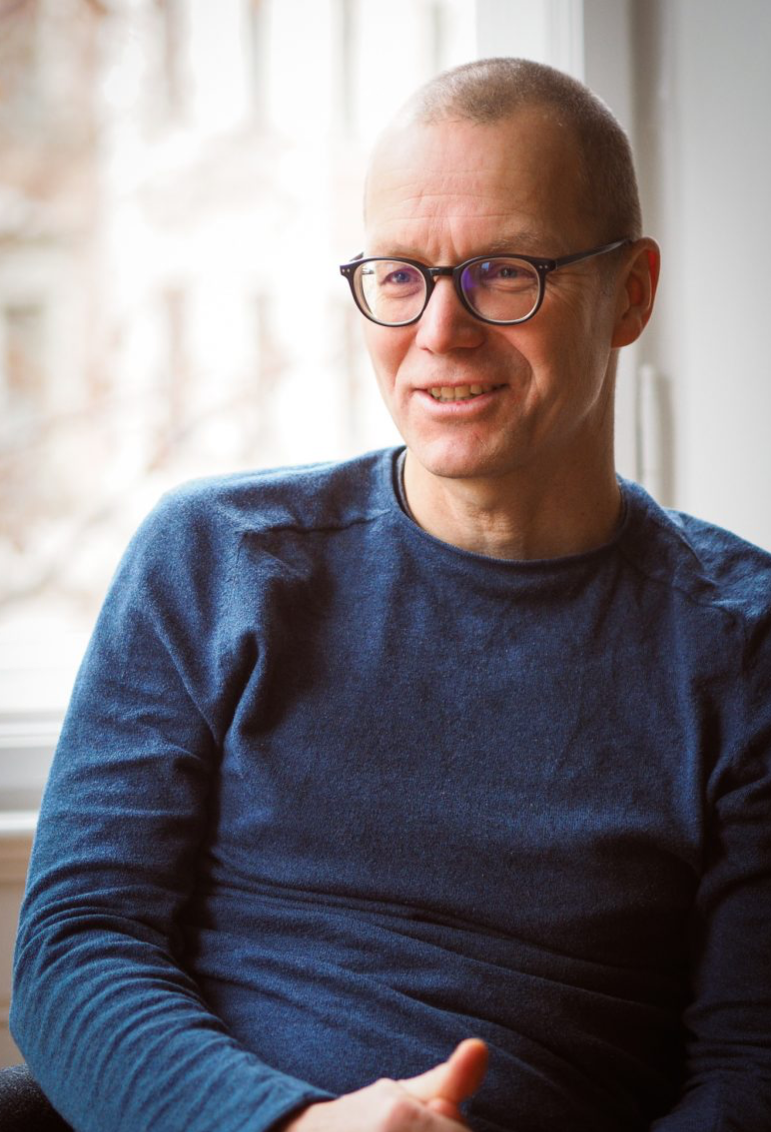Dr. Stefan Fuchs
Systemic organizational developer
Process management consultant
Team coach
Meeting trainer

Designing changes so that they work for everyone.

What Stefan brings along
Stefan initially studied mathematics for lack of other ideas. It was only after this detour that he found out what really fascinated him: organizational development.
Today, he supports teams, companies, public authorities and NGOs with their changes. To this end, Stefan brings methods from two worlds that are often considered incompatible: analytical and systemic. Systemic methods can be used to work on communication patterns, attitudes and conflicts and generate energy for change. Analytical methods can be used to design processes and organizational structures. It is precisely in the combination of these two worlds that he repeatedly finds solutions to support his clients, even in complex contexts and long-term transformation projects.
Stefan also brings other perspectives to his work, e.g. his interest in social transformation, as a triathlete (6x Ironman distance), as a swim runner (participation in the 2021 and hopefully 2023 World Championships), as a fan of team sports. Here he always finds inspiring ideas to support clients in sorting and organizing their constellations and encouraging them to find new solutions.
Methodological basis, systemic
Method basis, analytical
I am fascinated by the question of what it takes to get things (back) in good order. How are the processes organized? Which thought models and communication patterns are dominant? And above all: how can all this be changed?



Attention to language
The following words are very important for his work: explore (possible solutions and scenarios), encourage (people), bring to life (the solutions devised), create connectedness (a team), learn (permanently and as a group), unlearn (things that were previously helpful - but no longer in the new context).